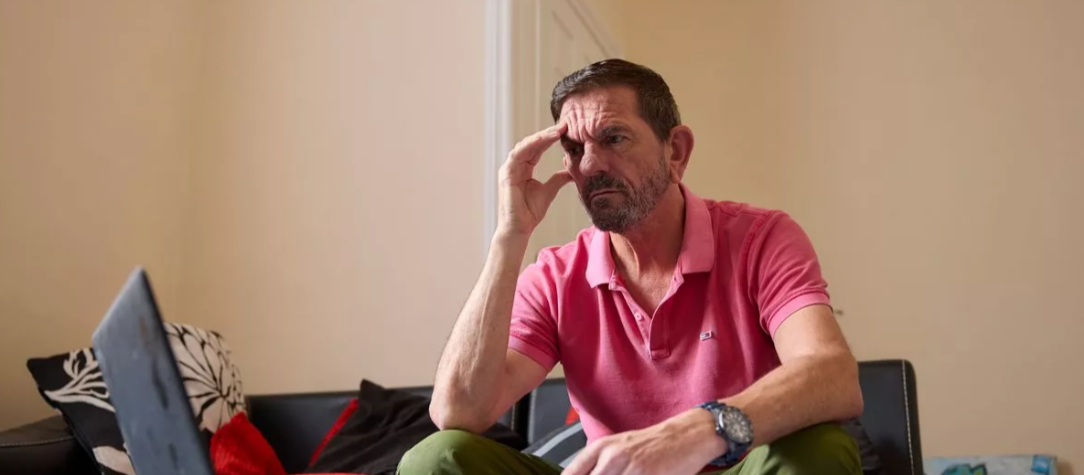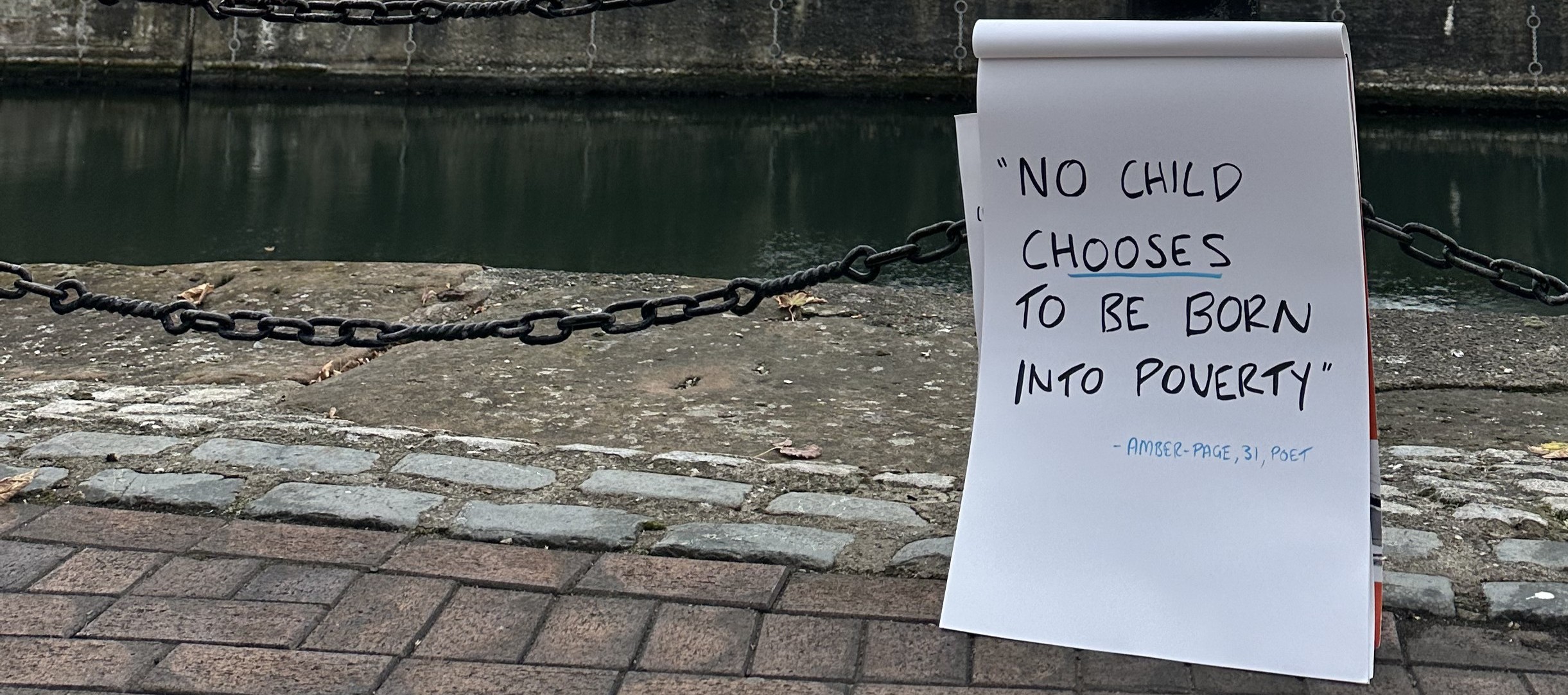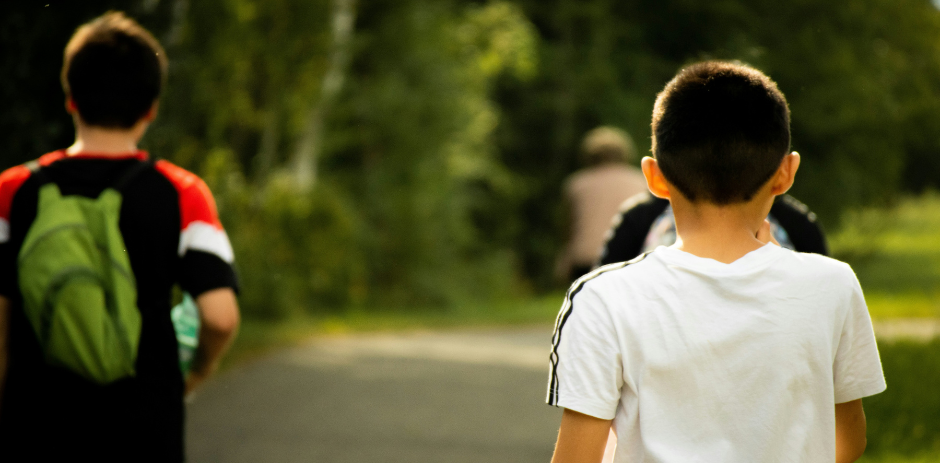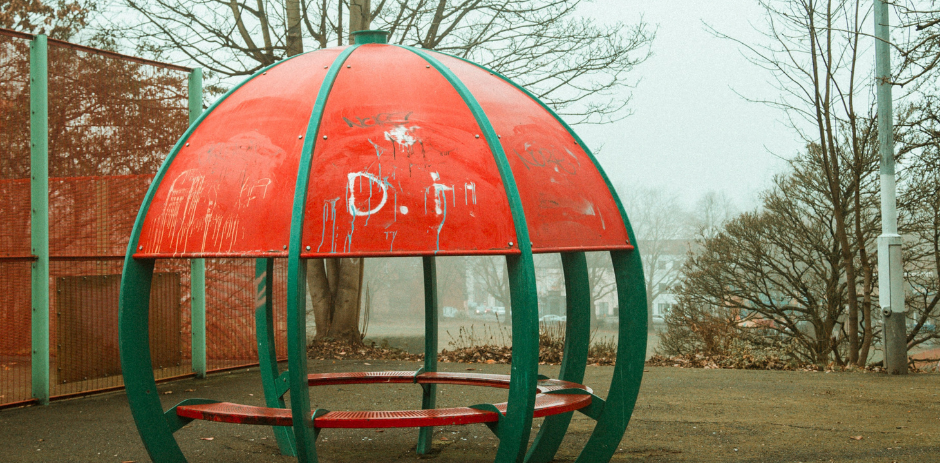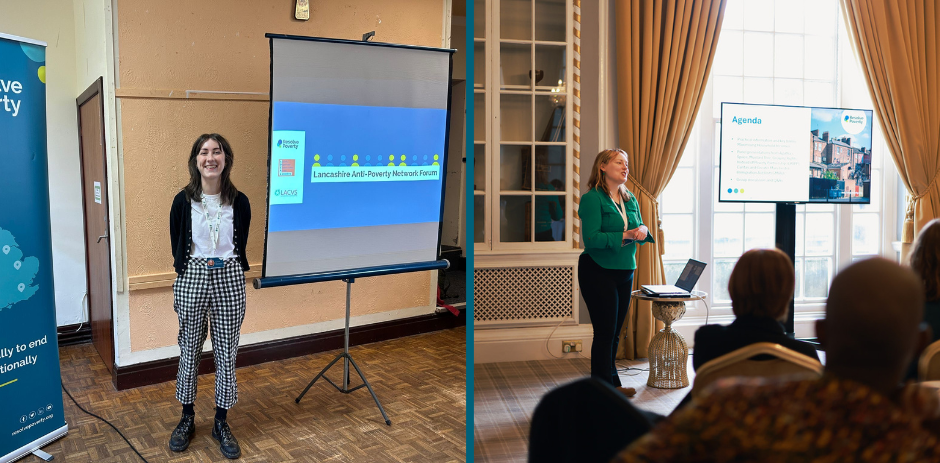By Lizzie Flew, Communications and Campaigns Manager at Child Poverty Action Group (CPAG)
Our recent online survey of 371 children’s doctors working across the UK, which we ran with the Royal College of Paediatrics and Child Health (RCPCH), reveals how poverty affects children’s health. Given the established link between poverty and ill-health, we wanted to explore paediatricians’ experiences of treating children in lower-income families.
One paediatrician who responded said:
“I am fed up of sending children back to homes that are making them sick.”
Respondents were almost unanimous (99 per cent) in stating that poverty is contributing to ill-health among the children they treat.
Many raised concerns about how poverty is impacting children’s nutrition as families lack the money to provide a healthy diet, contributing to malnutrition, obesity and poor dental health in their patients.
“I specialise in childhood nutrition – families are clearly struggling to afford and prepare healthy food. They are desperate to do the best for their children but simply cannot afford to.”
“Families can’t afford to follow advice and lack the home resources to make healthy food (poorly equipped living conditions, poor kitchens, overcrowding etc).”
Housing was another theme in the survey results. Ninety-six per cent of survey respondents said that poor housing conditions are affecting the health of the children they treat.
“We have had children on chemotherapy die because they have caught fungal infections from damp housing.”
“Frequently we will see children attending acute hospital services with respiratory distress and wheeze, and whilst we treat this acutely, they are going back to homes with areas of damp that will be exacerbating their respiratory problems.”
Respondents reported that housing issues are getting worse.
“I have written more letters to housing providers to ask them to address damp and mould urgently for children with chronic respiratory conditions [in the last two years] than in the previous 18 years of my consultant career.”
Children’s health also suffers because some families are struggling to afford to get to hospital appointments. Ninety-five per cent of respondents said that poverty is preventing children from attending, because families may have to pay for transport, parking and childcare, and may lose earnings if they have to miss work to attend.
“I care for several young people whose families find it difficult to attend clinic due to the cost eg, multiple bus fares and missing a free meal at school.”
“One parent said she was concerned about accompanying her dying baby to another hospital because she couldn’t afford more parking there after a long neonatal stay.”
Some paediatricians felt that these cost barriers are leading to children ending up in emergency care as their untreated conditions become more severe. This means that preventable health issues that could be treated earlier get worse and lead to the need for emergency care.
“I work in the emergency department. Children come because they can’t afford to get to outpatient appointments and their condition worsens.”
There is also additional pressure on the NHS when poor quality housing results in a delay in discharging children, either from the emergency department or inpatient care.
“I have seen increasing numbers of homeless families stuck in our emergency department due to a lack of safe housing.”
“We are unable to discharge children due to poor housing which blocks beds for weeks.”
These testimonies reveal how devastating poverty is for children’s health, and the strain it places on our health service.
RCPCH and CPAG are calling for the government to take bold action in its forthcoming child poverty strategy to address this. At a minimum the strategy must:
- Invest in social security, starting with abolishing the two-child limit.
- Introduce binding targets to reduce and eliminate child poverty over the short, medium and long term.
- Unfreeze local housing allowance and end the benefit cap.
- Establish a fund to help families cover the costs of accessing healthcare.
Until we start to bring child poverty down, children’s health will suffer and their doctors will be severely hampered in their efforts to help. Or as one paediatrician put it:
“You try your best, but it’s like you’re swimming against the tide and you’re never really going to beat it.”
Click here to read the full briefing.
——————————————————————-
This article is featured in our 27 August newsletter.
Want to hear about the latest poverty research, stories and events?
Stay on top of what you need to know. Sign up to our newsletter and join our powerful network of 3.9k+ professionals, volunteers and individuals actively engaged in tackling poverty across the UK.

